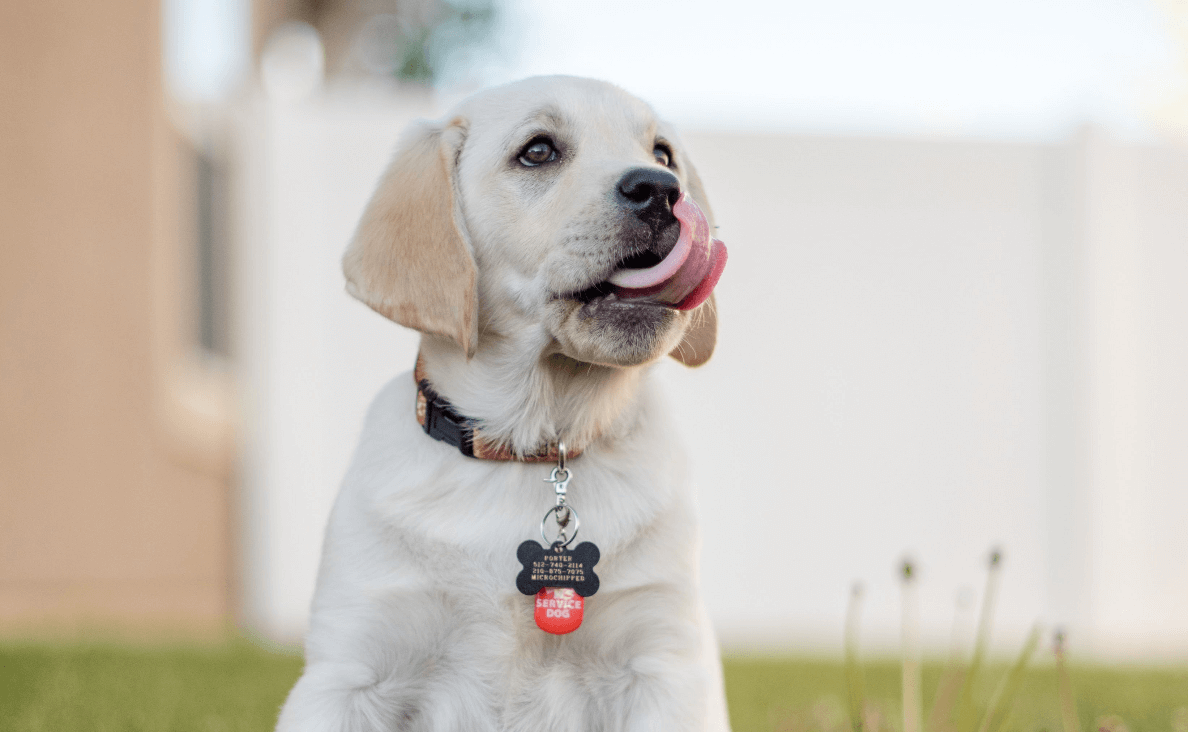
Bringing a new puppy home is a delightful experience, but if you’re not prepared you’ll be scrambling to get the supplies you need. Here’s a checklist of things you’re going to need.
What to Bring When You Pick Up Your Puppy
To begin with, bring these items with you when you go to pick up your puppy to make his or her homecoming a smooth one.
- Collar (preferably a soft one)
- Leash
- Crate / carrier
- Camera
- Soft training treats to reward good behavior during pick up and transport
Supplies to Have Ready at Home
Food and Nutrition
Because puppies need so many nutrients to grow, it’s important to give them food that provides complete and balanced nutrition.
- Puppy-specific food
- Soft treats (for training)
- Water dish
- Food bowl
- Food storage container & scoop (optional, but nice to have and keeps puppy from getting into food)
Sleep
It’s no secret that sleeping through the night with a new puppy can be almost as challenging as with a new baby. These supplies will help your puppy learn how to sleep through the night in a short time.
- Soft bed or pillow (you can use old blankets, especially if your puppy is a chewer and is likely to destroy his or her bed at first)
- Crate (to create a safe den-like sleeping area)
- Canine lullabies or other soothing sounds (CD, MP3, YouTube playlist or app-based)
Toys
Puppies love their toys. Despite all the toy choices at your local pet store, you should only offer your puppy strong, durable, well-made toys that are sized appropriately for your pet. If your puppy destroys a toy (and he probably will!) remove the damaged toy immediately. Exposed squeakers can be a choking or intestinal tract hazard, as is toy stuffing, frayed rope strands and small, torn-up pieces. Click here for more information on how to choose the best toys for your dog.
- Chew toys (hard-rubber)
- Unstuffed animals and toys (much more safe for puppies that inevitably will chew things)
- Fetching toys (balls, flying disks)
- Rope and tug toys (these help floss teeth while playing)
- Critical thinking toys (treat-dispensing project toys)
Training and Walking
Most vets recommend you wait until your puppy has had all of his or her core vaccinations before going to dog parks, walking outside or heading to daycare or boarding, meaning most pups will be 3-4 months old before he or she can go for walk or enroll in daycare. Almost all daycare and boarding facilities, including Canine Campus, will accept puppies without their Rabies vaccination. Most veterinarians will recommend your pup get the Rabies vaccination around 5 months old. Click here to learn more about immunizations and your dog.
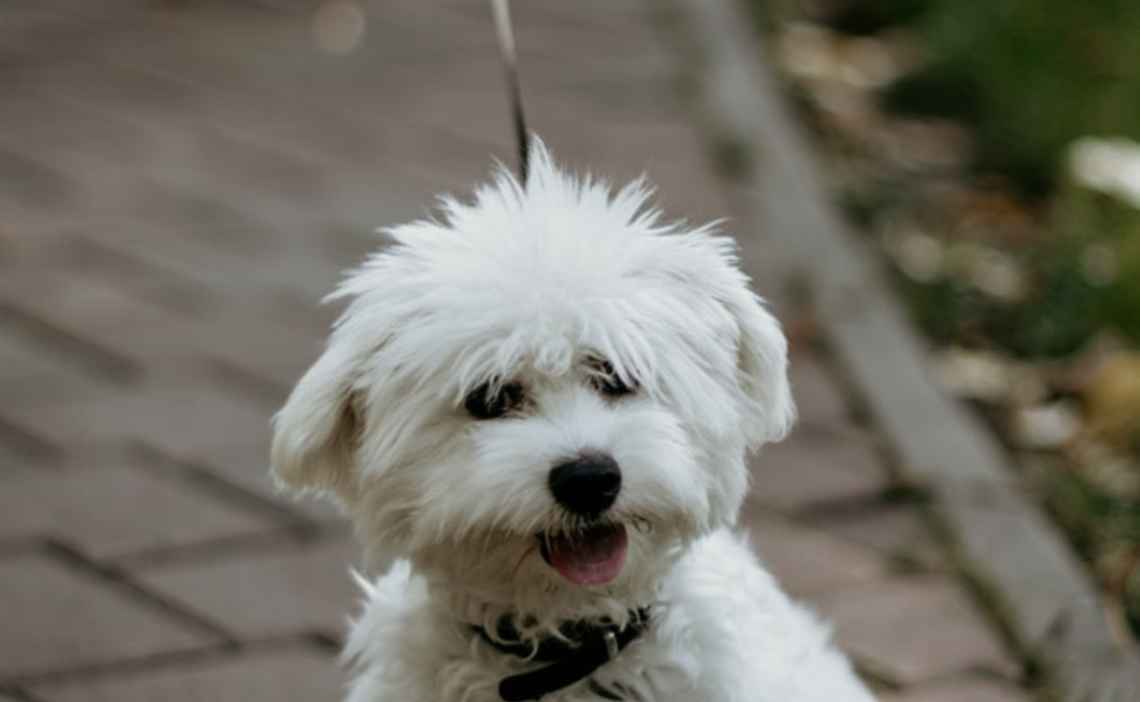
However, even before your puppy has completed his or her core vaccinations, there are things you can do to start training your puppy to go for walks even though you’re stuck inside. Work on introducing the collar, leash and harness, take walks inside or in your fenced yard, help your puppy learn to follow your lead and practice obedience training are all strategies you can use to get your puppy ready for the bigger world out there.
Here’s what you’re going to need to train your puppy to go on walks with you:
- Collar and leash (if you didn’t already get these to bring your puppy home)
- No-choke puppy harness
- Dog training treat bag/pouch (optional, but keeps your pockets clean)
- Poop bags and dispenser
- Puppy-friendly first aid kit (clips onto leash)
- Dog training clicker (needed if you’re going to use clicker training techniques)
- Warm sweater or coat for going outdoors in cold temperatures
House-Training and Clean Up
Training your puppy to go potty outside requires patience, commitment and lots of consistency. Click here for 18 puppy training tips to help you stay sane.
These supplies will help make potty-training easier and ease the transition from potty training indoors to outdoors.
- Puppy potty-training pads
- Enzyme cleaner (eliminates odors)
- Paper towels (for cleaning up messes)
- Pooper scooper (for when your puppy starts going outside)
Grooming
Some puppy breeds need more coat care than others, but all puppies need to be groomed. Regular care removes dead hair, keeps the coat and skin healthy, and gives you an opportunity to check on your puppy’s general health.
Here’s what you’re going to need:
- Puppy brush and comb
- Nail clippers
- Puppy shampoo and conditioner
- Ear cleanser
- Cotton balls
- Soft rubber tip for your finger to brush your puppy’s teeth
- Puppy-formulated toothpaste (do NOT use human toothpaste)
If you would like your dog groomed during his or her adulthood, you will want to start the grooming process as soon as your pup has its core vaccinations. Adult dogs are sometimes afraid of grooming tools, especially the noise of a Dremel used for nail trimmings and the hair dryer. Introducing your pooch to these as well as brushing and cleaning teeth is essential when they are pups.
Safety
We’ve already covered some safety items, but here are additional items you’ll need to keep your puppy safe.
- ID tags
- Microchip (click here for info on microchipping your puppy )
- Baby or puppy gates (for when you need to confine your puppy or keep your puppy safe from hazards)
- Puppy play or exercise pen
- Car seat (not required, but a good idea)
Miscellaneous
- Bitter spray chewing deterrent
- Appointment to visit veterinarian (research veterinarians in your area)
- Training books and videos (depending on what method you decide to use)
- Positive training classes (all puppies need positive training and socialization)
We hope this checklist of puppy supplies helps you feel less overwhelmed when bringing home a new puppy. With these items and lots of patience and love, you’ll be a great (and happy) puppy parent in no time!
Wondering when to enroll your puppy in Canine Campus day or overnight care? Click here to read our admission policies.
What advice do you have for new puppy parents? What puppy supplies did we miss that should be on this list? Please share in the comments below.

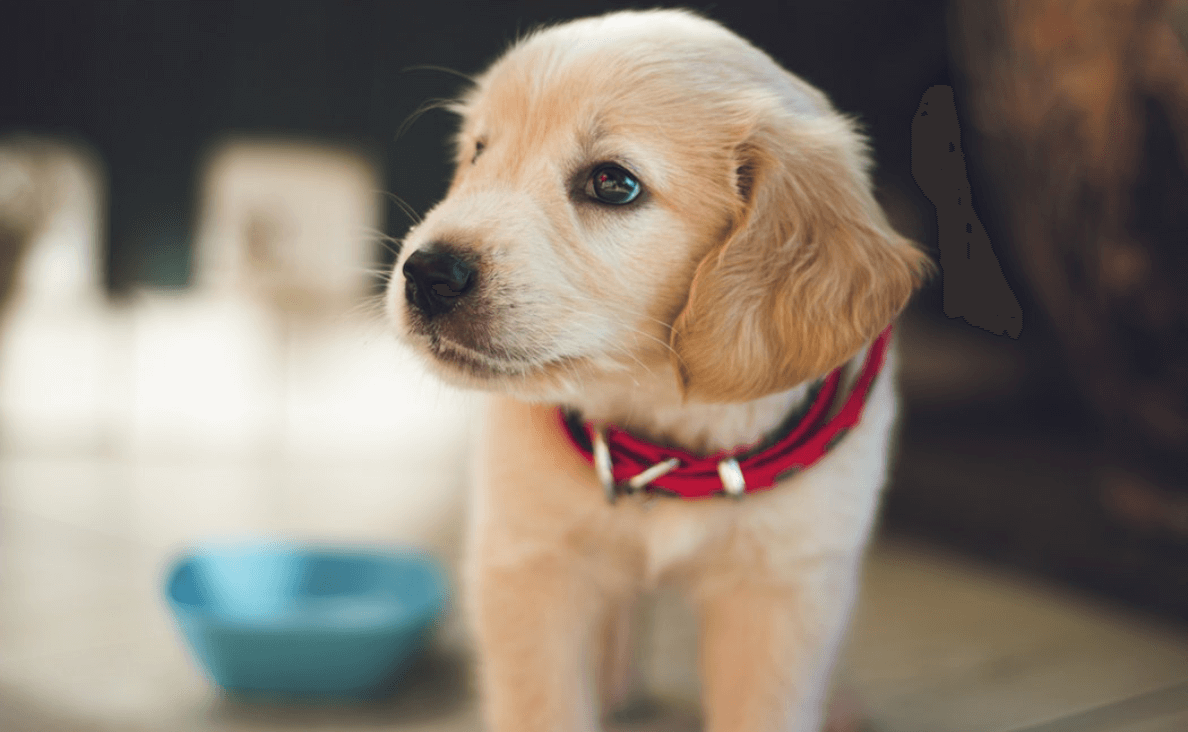
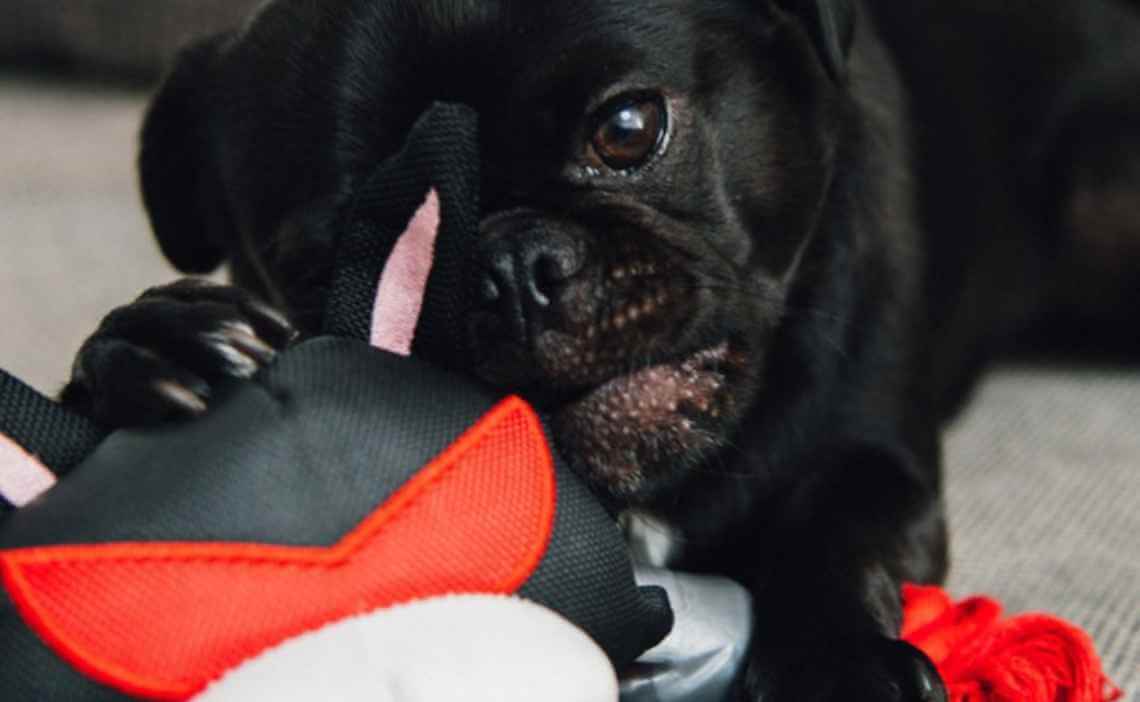
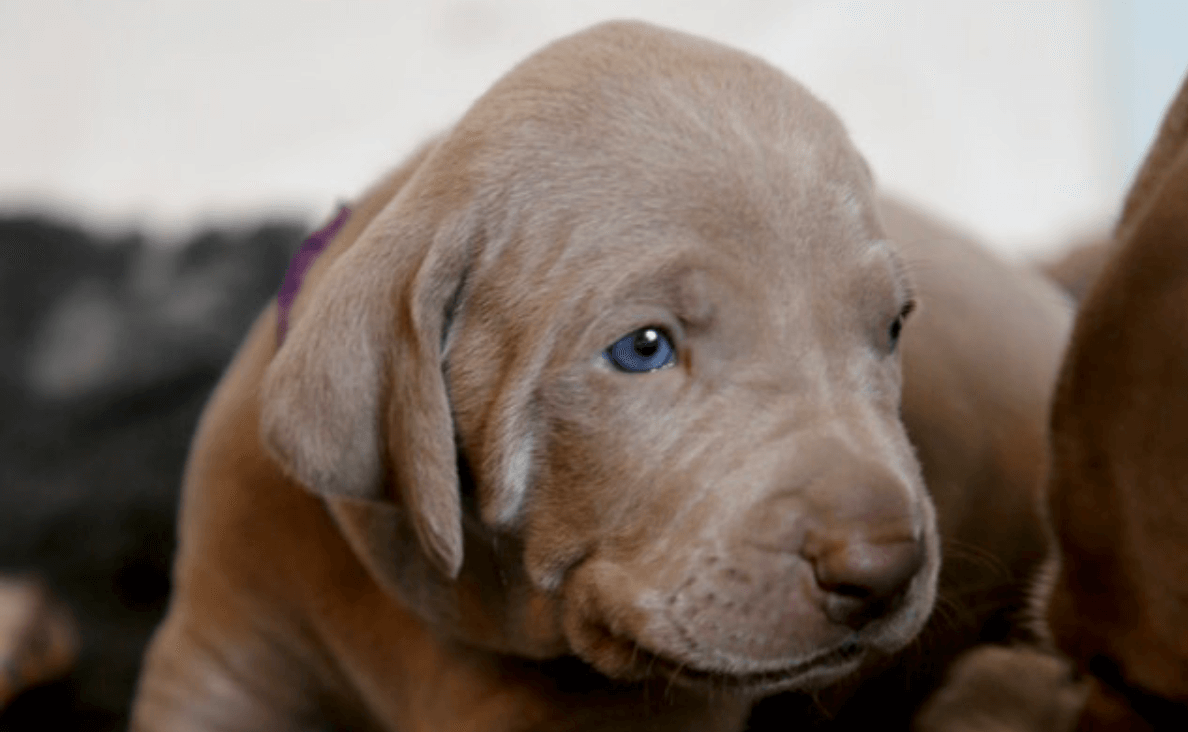
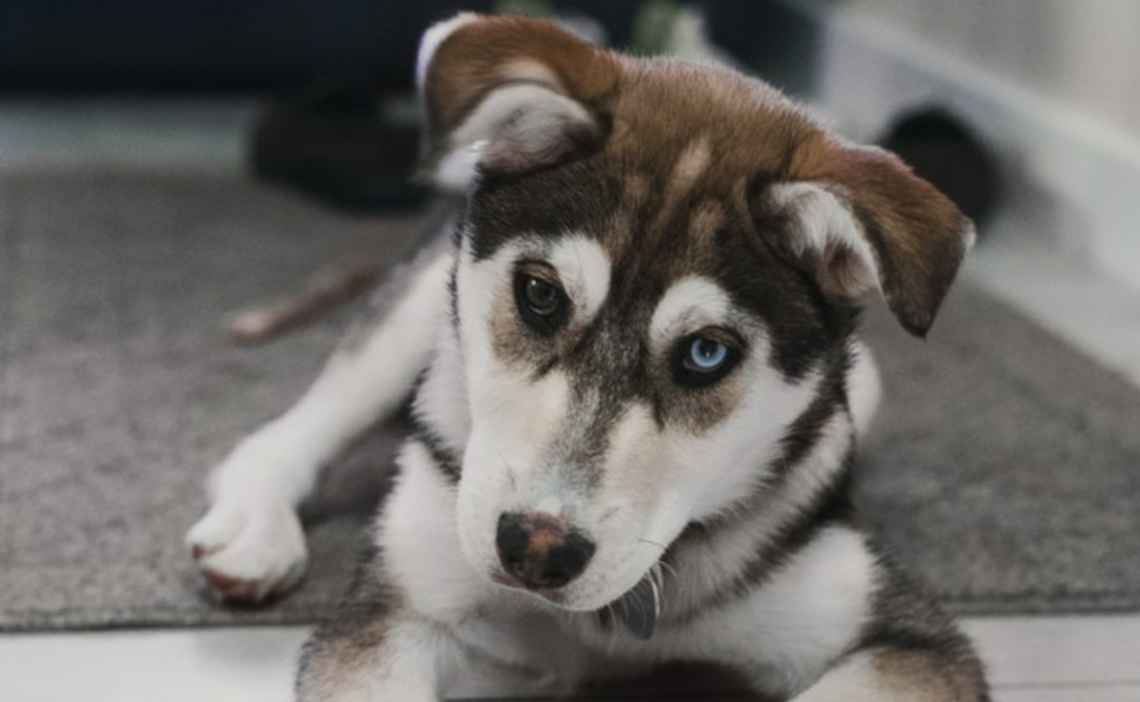
 Top Dog Names of 2018
Top Dog Names of 2018 The Worst Holiday Gifts for Dogs and What to Give Instead
The Worst Holiday Gifts for Dogs and What to Give Instead 15 Heartwarming Reasons to Adopt a Shelter Pet
15 Heartwarming Reasons to Adopt a Shelter Pet 9 Ways to Celebrate National Puppy Day
9 Ways to Celebrate National Puppy Day Does Your Dog Need Shoes for Paw Protection?
Does Your Dog Need Shoes for Paw Protection?






Leave a Reply